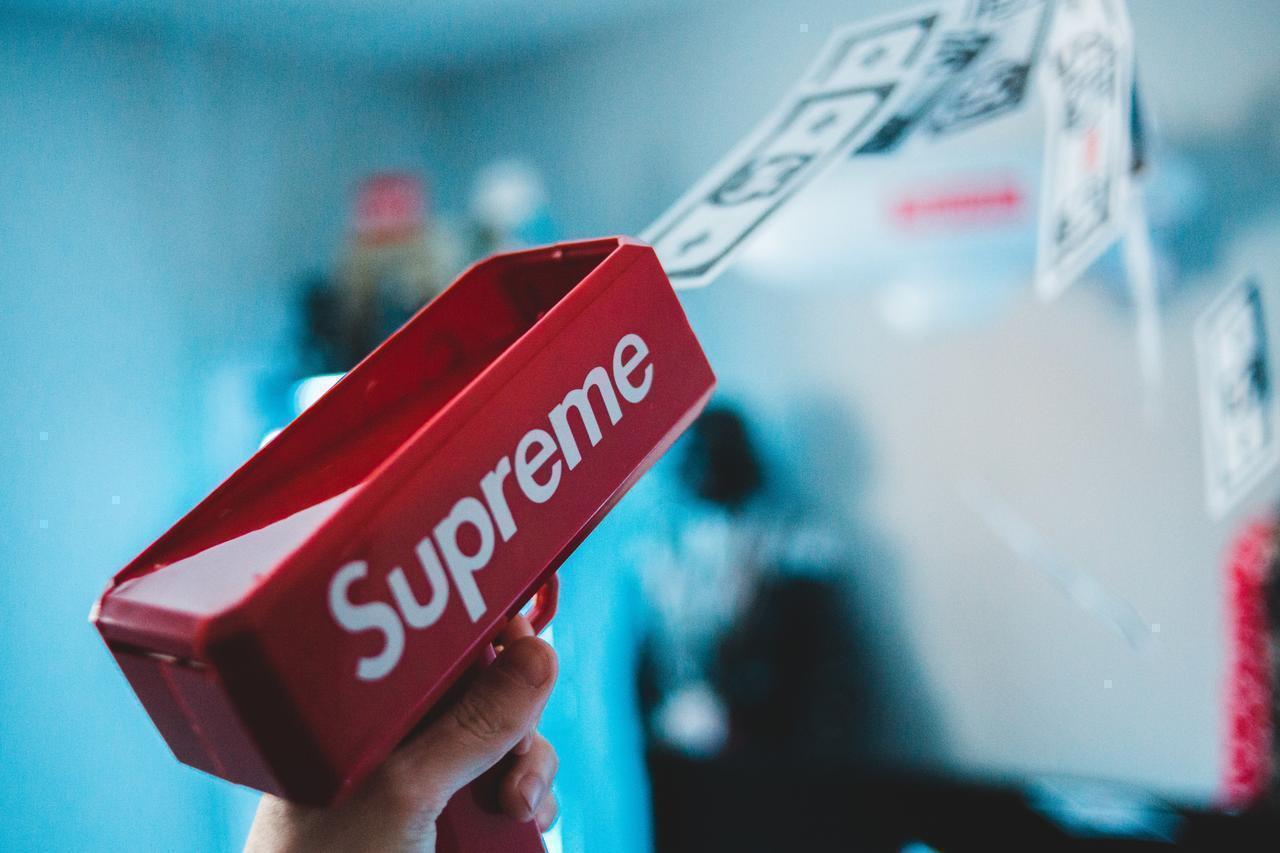I love a good budget.
Ever since realizing that a budget should be realistic and not punishing I do at least.
Sometimes I even keep to it.
How I Want to Budget
Back in the day I found the software "You Need A Budget", which used the simple mantra:
Give every dollar a job
That basically means that you assign all your income and all your savings to certain categories. These categories can range from groceries, over concerts, to vacations. If you spend money on it, you budget for it. The correct term for it is zero-based budget I think.
The revolutionary thing for me was to budget for Christmas gifts for example. If you spend \(120 on Christmas gifts, you can budget \)10 a month and slowly build up the fund.
You can simply record your spending for a bit and get a better understanding how much you spend on groceries per month.
Awareness is the first requirement for change.
Most people see their take-out and delivery budget and realize they're sinking over $1000 per month into Uber Eats and while it is a tough realization, it is also good to know to finally effect change and maybe cook at home one or two meals a week as a start.
How I ACTUALLY Budget
I usually build a budget for a month and then loosely track my expenses.
I'm bad with consistency and usually have to play catch-up at some point. But that's fine, because I use a few tricks.

The thing that helps me most, is to automate all bill payments. Either use direct debit (or whatever it's called in your country). The things that can't be paid by direct debit can be dealt with with a normal wire transfer in my case.
You can schedule recurring transfers. If your bank doesn't: Get a new bank. (maybe Wise.com?)
Not having to constantly worry if I forgot a transfer somewhere, especially for my rent, is the best decision you'll ever make.
I make sure to "pay myself first", which is just a pretentious way of saying that a big chunk of my money goes into savings right away. That means it's out of sight out of mind and my brain never gets the idea to even touch it.
The rest, like I said, I budget. And obviously I go over sometimes, so I'm flexible in re-adjusting the budget in between. I bought a new bed for example and that was definitely not budgeted for. But I shifted things around and made it work with the money I have available.
One big pot of money for me is an emergency fund. I always keep at least 3 months of expenses around, in case something happens. In times of greater uncertainty, I up that number. Matt D'Avella recommends that if you start freelancing, you have about 12 months of runway to really give it a good try for example.
Does my budget always work 100%. Nah. But with regular check-ins, catching up the expenses now and then, and being kind to myself, I am able to make it work most of the time.
The main reason I used Wise.com
Wise.com (formerly Transferwise) lets you use different currencies on the same Mastercard (and account).

During my PhD and work as a consultant, I regularly lived between three or more currencies.
The fees of conventional bank accounts are exorbitant for paying in foreign currencies. Especially in Denmark, where banking is seemingly still is stuck in the 1900s.
Wise makes conversion easy and transparent, laying out the exact fees and the conversion rate in a quick to see interface. And if you don't have a currency stocked when paying, they convert from the currency you have with the lowest conversion fee.
Very convenient for someone living between borders.
Why Wise made my life easier
I have a few categories that I save up for. Vacations are a big one, concerts, gifts, hobbies, etc. That adds up!
Wise introduced Jars along the way. In addition to the multiple accounts in different currencies, this would let you park money in a dedicated place.
Simply open a Jar for your emergency fund and you never accidentally touch that money.
You can even have jars in different currencies.
This makes it incredibly easy to not just have a virtual budget that you should ideally keep to, when you think about checking it before impulse buying something off Amazon. It makes it very explicit to take money out of a category.
I don't keep Jars for every type of expense. My groceries and other high-frequency expenses, as well as, fully automated expenses like my rent, don't get a jar. That would be silly. But my concert money and my emergency fund are now neatly separated.
You said supercharged. How is it supercharged?
All Wise accounts are cash accounts by default. That of course means it's immediately accessible and ready to go.
From a financial standpoint, this also means that my money is unfortunately slowly losing value due to inflation.
Wise.com just introduced Assets.
This is a service in beta testing for UK residents. I really hope they keep it...
You can convert entire currency accounts and even Jars into Assets. That means they will be invested in the stock market for you!
Currently there's only one choice. Tracking the MSCI World Index, an index that tracks over thousand companies worldwide and models the whole stock market. Talk about diversification.
The main draw-back would be availability of funds of investments, but Wise still keeps 97% of an asset account available for you to withdraw instantly.
With a total cost of 0.7% annually, this is a great way to invest in a low-cost index fund with money we don't want to invest permanently and keep mostly available for spending.
The Caveats

It's in beta. Transferwise have discontinued services before. Being aware of that is important, but for now it's just a very nice addition for me.
It's UK only. But I'm in the UK so that's great.
I'm not sure I'd invest my emergency fund in the stock market even with the promise of 97% availability. The fund is also for a bad time, where possibly the stock market is down significantly. That's not necessarily a time you'd want to have to withdraw from a portfolio that is down 30% to make ends meet.
Main take-away
I try to make my budget work.
I pay myself first and then try to build a realistic budget.
Keeping vacation savings, Christmas gifts, and money for device repairs invested in an index fund changes my mindset toward these contingencies, as they're not losing money anymore.
Wise is great for people living internationally.
Maybe it's for you?
